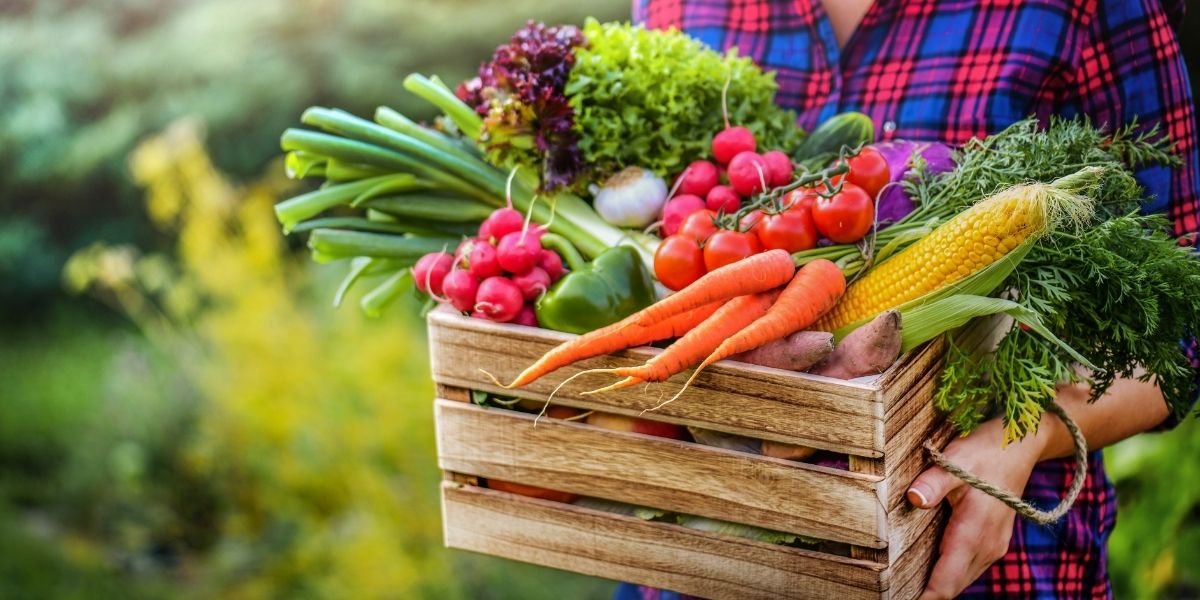-
Locations
Campuses in Europe & Middle EastCampuses in The AmericasCampuses in AsiaLe Cordon Bleu International
- Online Learning
Contact your local representative - Our Story
- Programmes
- Brochures
- News & Events
- Contact
- Find Course

A true hospitality professional is conscious of the environmental footprint of their business. They are committed to reducing energy consumption, use organic produce whenever possible, avoid plastics, monitor water usage, upgrade technologies for energy-efficiency, and recycle vigilantly.
In commercial kitchens, many professional chefs utilise culinary practices such as nose-to-tail cooking to ensure the sustainable use of animal products. Nose-to-tail dining is a restaurant trend in which chefs incorporate as much of an animal as possible into their menu. In some cases, this may mean buying and butchering whole carcasses on-site. Nose-to-tail cooking requires a thorough understanding of traditional techniques in order to prepare every cut in an appealing way.
The luxury hotel sector has historically been a significant waste generator, producing 11,749 tonnes of waste annually - the majority went to landfill, according to a report commissioned by the Western Australian Department of Environment and Conservation in 2007. Since then, leading hotel brands have made major progress to reduce their environmental impact.
Hospitality managers must ensure a hotel's food inventory and waste is carefully monitored to reduce environmental impact. Leading hotel managers are now opting for science-based carbon reduction targets (SBTs) to know the exact carbon measurement for their organisation and how fast it can be reduced.
Le Cordon Bleu Australia Technical Director (and acclaimed Chef) Tom Milligan says the institute’s cooking philosophy has always had the notion of sustainability built into its teaching.
We educate our students to ‘think global by acting local’ and remind them that by adopting practices to minimise food waste means minimum harm and maximum enjoyment for everyone. For example, some of our schools have kitchen gardens and we compost our organic waste. We are very conscious of the food miles and always try to buy locally grown and sourced ingredients from sustainable sources.
Copyright © 2026 Le Cordon Bleu International B.V. All Rights Reserved.